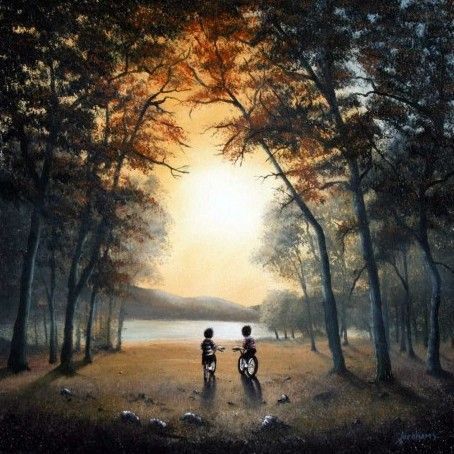herbavore
Bluelight Crew
- Joined
- Jul 26, 2011
- Messages
- 14,942
I have pondered hard about themes like solipsism, "all we can know is experience", "we are ultimately alone" but really it all goes away, it stops mattering at all once I connect with someone else. It doesn't matter anymore, it is ethereal, beyond words. It's as if we were hungry, starving, though trying to solve it using our intellect. No amount of thinking will fill your stomach, and I think human connection is something as primitive and essential as food.
What a beautiful way to describe the experience of authentic human connection. I think existential depression is something that some of us will carry through life with us. I don't think there is anything negative about it. It is essential knowledge, albeit uncomfortable without acceptance. But what neurotic describes so well are the powerful moments of relief that can drain the toxicity out of depression. Then, the depression becomes simply an awareness. Something that informs rather than deforms emotional life.

